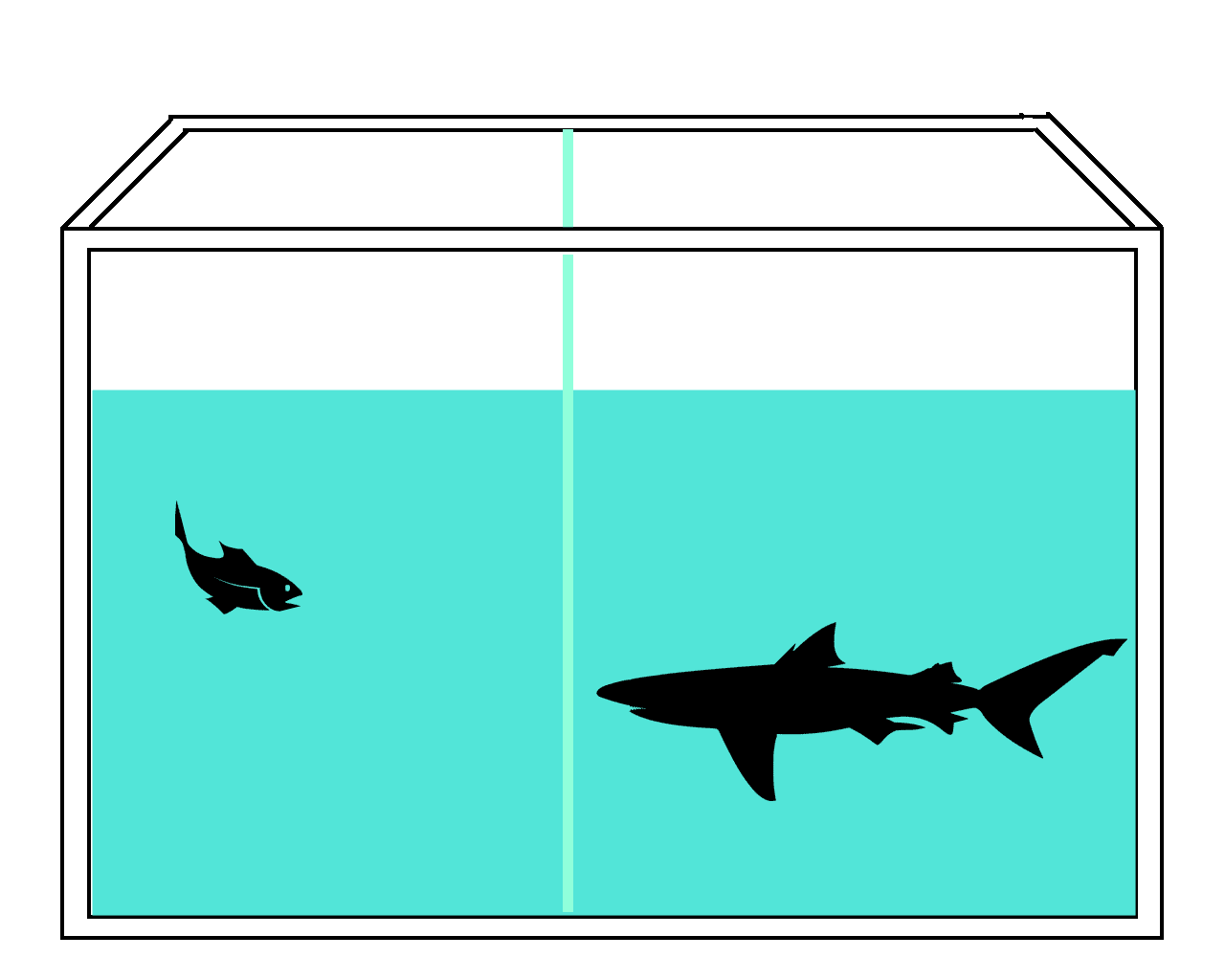Enneagram Type 5: The Investigator

The primary motivation/main orientation of these individuals is "to understand the essence of something by thinking and examining."
Positive Potentials:
- Rational and objective individuals, 5s continue this attitude in their relationships. They evaluate events in a logical framework, without adding emotions, and assess both themselves and others neutrally. They stay away from emotions that would lose their control. They show an emotionally detached attitude in the face of problems, striving to understand the root of their problems through analysis and observation. Their conceptualization, observation, analysis, understanding, and abstraction abilities are among the most developed personality types, and they understand their partners - as long as they are rational - very comfortably. They attach importance to gaining in-depth knowledge about the subjects they are interested in, researching everything related to the subject, and specializing. They are individuals who try to fulfill their responsibilities, are cautious, and try to be harmonious with their surroundings.
Potentials Vulnerable to Negativity:
- Evaluating everything with logic may lead them to alienate themselves from their senses and be perceived as emotionless. They may show reluctance to engage in daily life necessities and to establish relationships. They may behave cold and reserved in their relationships. Being skeptical and pessimistic, these individuals may not enjoy physical contact and emotional reactions.
General Characteristic Features:
- 5s are individuals who act through reason and logic, shaping their behavior based on objective observation and analysis, thinking first and then acting. They are introverted and enjoy being alone. They prefer to be alone to think and focus on the subjects they are interested in, and often, this is a necessity.
They do not like being in the spotlight and generally prefer to stay in the background and observe in the environments they enter. They exhibit shy and distant behavior when entering new environments. These individuals who do not like crowded and noisy environments generally prefer quiet, peaceful environments where they can be alone. They love working alone. They are very attached to their privacy, their personal boundaries are very broad, and they do not want anyone to intrude there. For example, their rooms are very important to them, and they feel uncomfortable when others enter their rooms while they are away.
They avoid behaviors that would attract attention and try not to disturb anyone. Since they do not like being in the spotlight, they avoid attitudes that would attract people's attention. They avoid uncontrolled behaviors and stay away from behaviors that would make them lose control. Just as they do not like irrational and absurd behaviors, they do not engage in such behaviors themselves.
They value learning and knowledge acquisition, but they are not interested in the practical side of knowledge as much as the theoretical side. They learn to know, not to use. Knowing is important to them, not turning knowledge into practice. They are not very eager to share what they have learned; they only share their knowledge and thoughts with those they think will understand.
These individuals are physically quite passive and often see themselves as inadequate in this regard. They are more interested in mental events than physical activities.
They have no interest in showiness or luxury and are thrifty individuals who can get by with little.
They May Struggle to Understand Emotional Reactions
- These individuals prioritize reason and logic and stay away from emotions. They believe that emotions will hinder logic and objectivity in their lives. Their attitude may make them appear emotionless and cold to the people around them.
They may refrain from giving emotional reactions when expressing their feelings and may express them with logical explanations instead. They are more interested in the conceptual properties of emotions than in feeling emotions themselves. Their emotional detachment may hinder them from understanding the emotional reactions of others. They may not understand emotions that are not expressed in words. They may disdain people who exhibit irrational behavior driven by emotions.
Their Observation Skills are Developed
- Their curiosity about knowledge and understanding forms the basis of their thought activities. This impulse leads them to seek knowledge, research, and reach the correct information through observation and analysis. They have a rational and objective thinking style that is free from emotionality. They express their thoughts and ideas in an orderly, logical, and objective manner, independent of emotions.
They have conceptual and abstract thinking styles. Their observation skills are developed, and thanks to their comprehensive and analytical evaluation abilities, they can notice details that many people cannot. They prefer learning by reading rather than trial and error.
These individuals who act through thought approach problems calmly and objectively. Their realistic and objective thinking style helps them find rational solutions.
They Enjoy Being Alone:
- 5s are individuals who display quiet, calm, introverted behaviors within the family, do not engage in much emotional sharing, and have low expectations from family members. Their sharing within the family is minimal, and they may not even notice emotional expectations within the family. They are neither talkative nor open to emotional sharing.
As long as their space is not invaded, they do not have problems within the family. They also do not interfere much with family members. They do not like crowded/noisy family environments, do not actively participate in family gatherings, and prefer to quietly listen on the sidelines. They avoid environments of conflict and confrontation.
They do not share their experiences unless asked. They may retreat to their rooms and work for hours, enjoying being alone. Thanks to their analytical thinking structures, they approach family issues calmly and objectively, making rational assessments.
These individuals have a very low desire for socialization, and they do not have many friends, which does not bother them. They prefer to establish friendships with knowledgeable individuals who can contribute to their development. They are more willing to engage in sharing and socializing with such people. They are more comfortable in individual relationships and appear more reserved and subdued in group relationships.
Being forced to socialize can turn them away from socializing and lead them to withdraw more into themselves. Due to their dislike for conflict, they avoid forming friendships with confrontational, argumentative individuals. Although they have few friends, they have quality and meaningful friendships.
They Prefer a Simple Life:
- 5s want relationships where partners do not interfere with each other's private spaces, where they act according to reason and logic, and where they do not have many emotional expectations. They prefer relationships where partners act consistently in line with reason and logic. They do not have many material expectations and prefer to lead a simple life.
If their partners do not initiate, they may not make any effort to socialize. They may struggle to adapt to outgoing and overly active partners. Unless their partners push them, they do not interfere with social activities.
They do not have many expectations from their partners or relationships. They also do not make much effort to keep the relationship alive. Respectful and understanding towards their partners, 5s observe them well, recognize them, and avoid behaviors that their partners would not appreciate. They try to fulfill their responsibilities in their relationships and avoid arguments.
Thanks to their objective and rational perspectives, they can evaluate and resolve problems impartially. However, their tendency to seek logic in relationships may hinder their understanding of their partners' emotional responses and expectations, leading to problems. They neither enjoy nor exhibit behaviors such as constant praise and flattery, which can cause issues with partners who have such expectations.

They Are Introverted and Quiet Children:
- As children, 5s exhibit introverted, quiet, and shy behaviors. Some 5 children may feel abandoned, while those living in intrusive families may feel invaded. They may experience emotional turmoil. They may consider themselves physically passive and unable to engage in interactions. However, their minds are quite active, and they enjoy observing and forming ideas, but they prefer to be alone during this time. They may be somewhat passive socially, and if their families force them to socialize, they may withdraw more into themselves.


